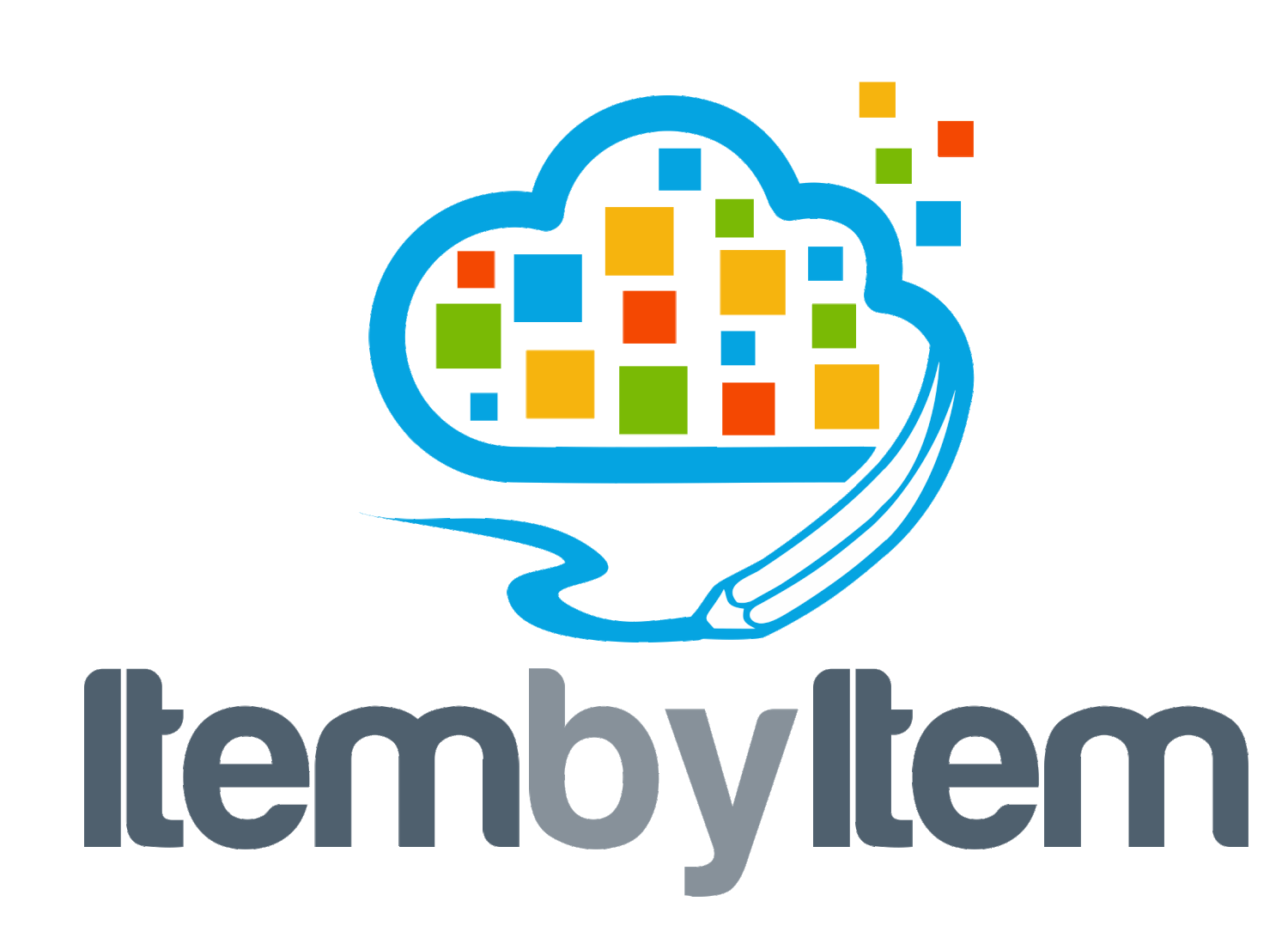Construction of micro courses
The design of a micro-course requires the creators to take different variables into account and really put themselves in the shoes of the learner. If the content creator does not create a micro-course in the proper way, it can lead to an imbalance between what the learner needs from the course and what they are actually getting out of it.
When constructing a micro-course, it is essential that we keep the learner in mind at all times. The learner needs the content to be easy to consume, and it is important to use that information when designing micro-courses. The content provider needs to create courses that the learner can consume individually with ease. What this means is that at the end of each micro-course, upon completion by the learner, the learner should gain a new skill. These skills should be relevant to the learner’s role and tasks that they must do for their company. By enabling them to learn a new skill upon the completion of each micro-course, they are empowering the learners and showing them that the training they are completing is worthwhile and beneficial.
A properly designed micro-course catalog has a plethora of different benefits. One of the many benefits of a properly designed micro-course catalog is the ability to provide learners with multiple different courses for the same topic, with small nuances. This allows learners to get the most accurate information within their course that is relevant to their specific needs. The micro-course concept enables employers to work with the content provider to really tailor a curriculum that is full of relevant and applicable micro-courses for employees to learn from.
Another aspect of micro-courses that companies want to look for in their provider is the conceptual courses that they offer. All too often content creators design and make videos that teach people how to do certain tasks, but they never make videos explaining why that task is important. They don’t teach employees the concepts behind the tasks, and without understanding the concepts the learner can never truly understand the tasks.
Constructing a micro-course is not easy. It takes time, effort, and the ability to view a problem from the learner’s point of view. However, a properly designed micro-course is beyond valuable. It allows the learner to learn a new skill at the end of each course that is applicable to the tasks that they must accomplish for their company. Properly designed micro-courses have different courses for the same tasks with small nuances to allow for a more accurate picture. They also contain conceptual courses that teach the learner the deeper concepts that allow them to truly understand the tasks at hand.

